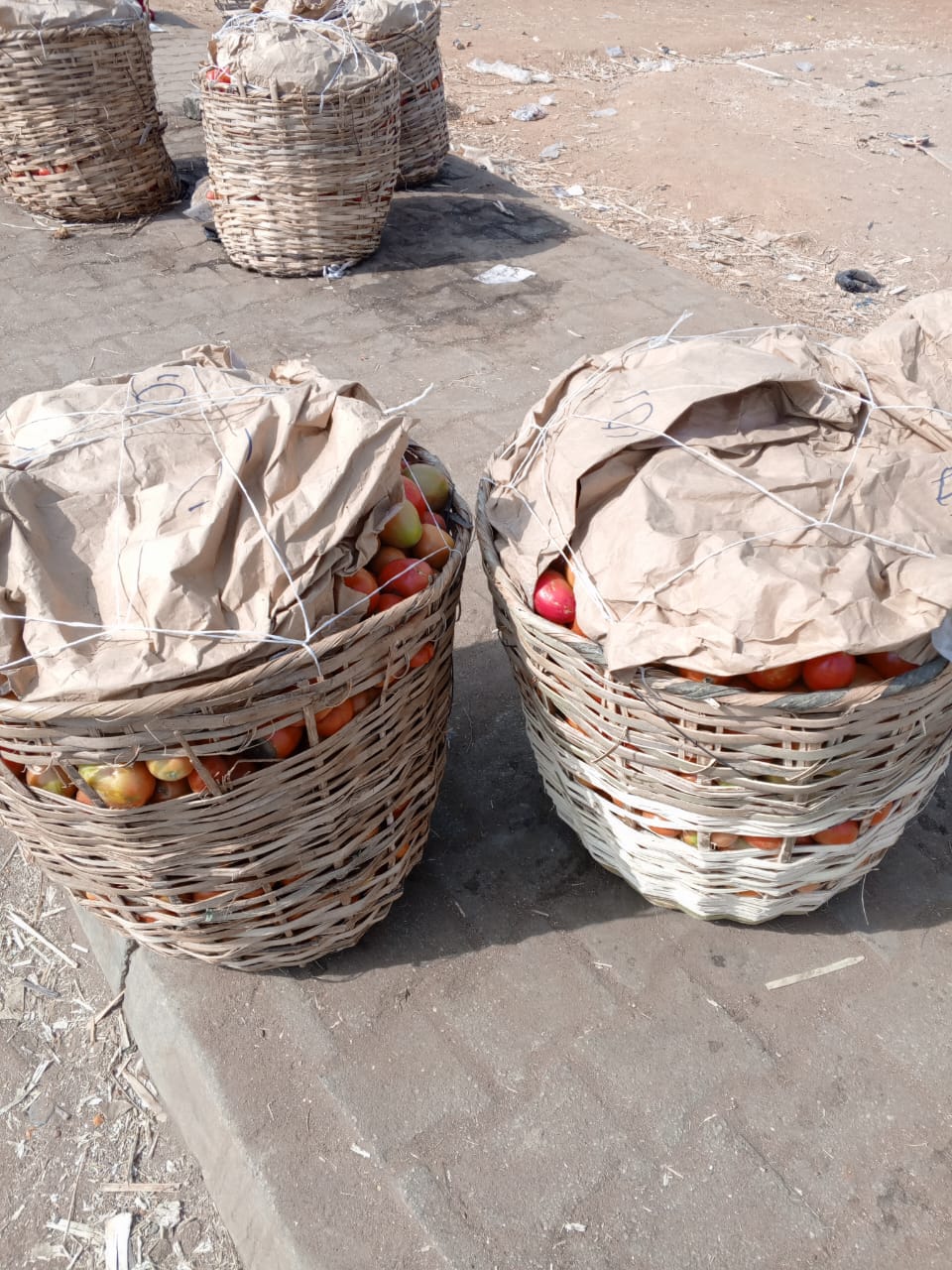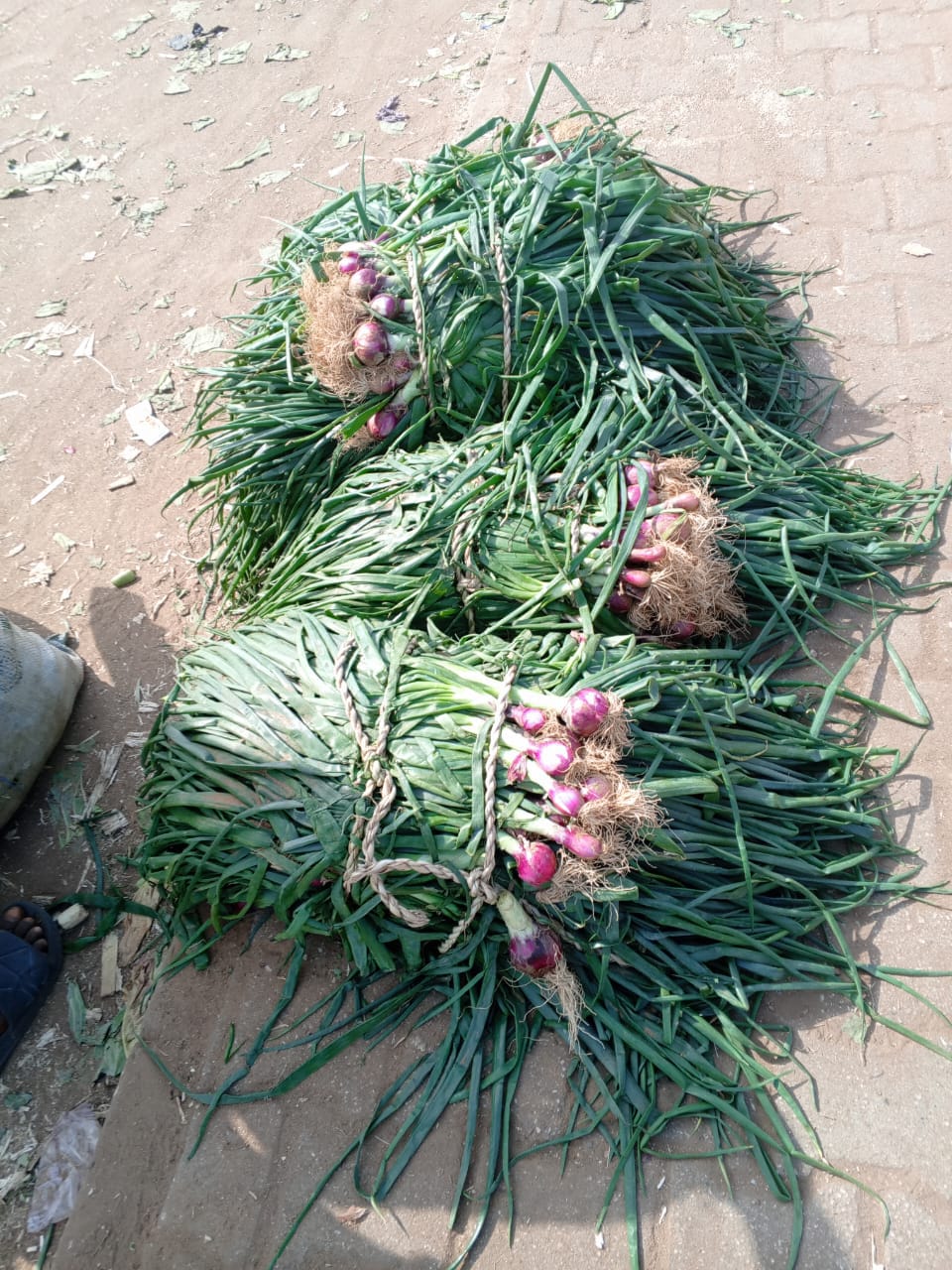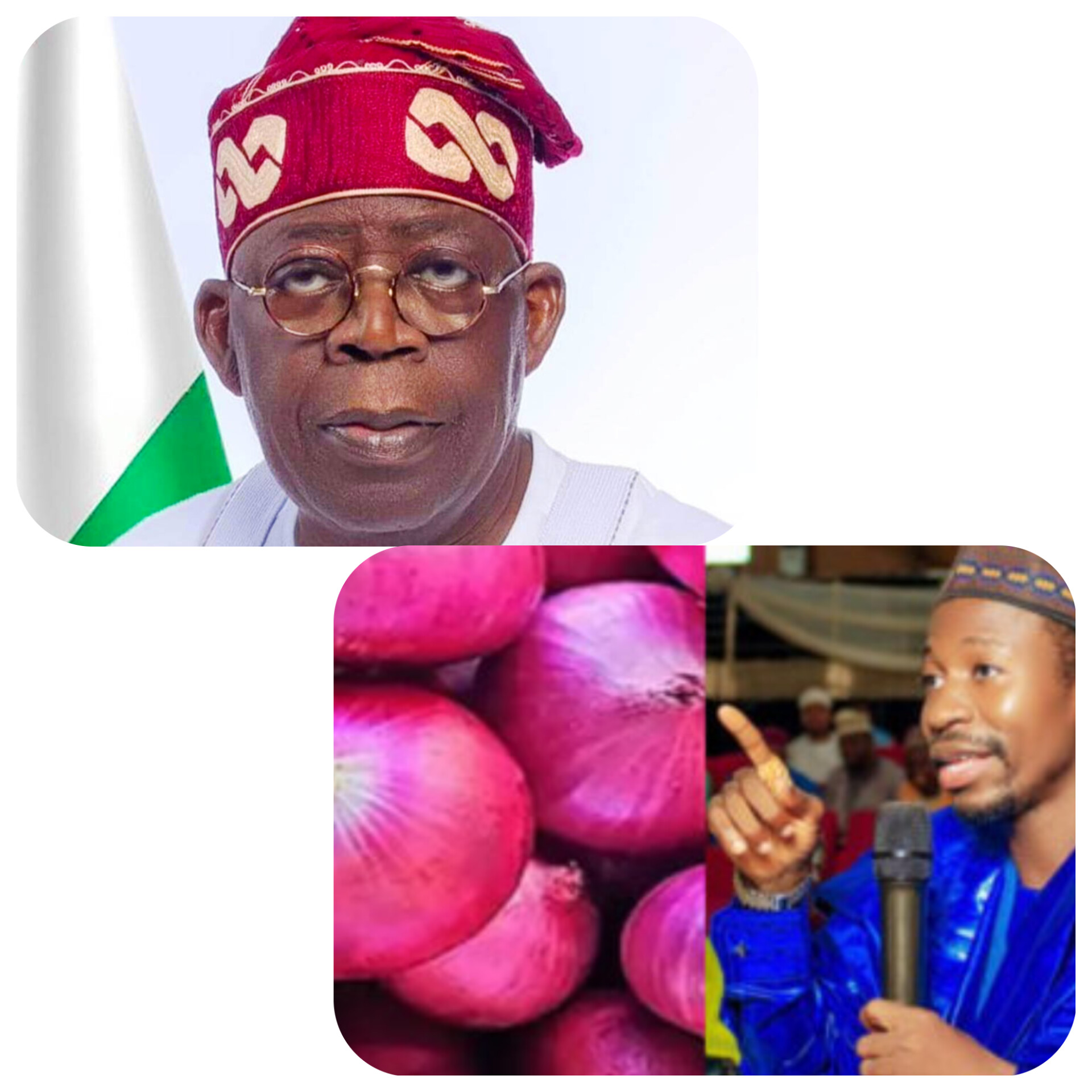2025 farming season: Embracing new practices for bountiful yields. By Michael Adedotun Oke


As February 2025 unfolds, the first showers of rainfall could arrive at any moment, signalling the start of the farming season across Nigeria.
This seasonal transition is no surprise, as it has traditionally marked the beginning of agricultural activities.
To maximise productivity, both seasoned farmers and aspiring agriculturists must prioritise the adoption of modern farming practices.

Strategic planning is crucial, and this piece outlines key considerations for a successful and sustainable agricultural venture.
Before implementing agricultural cultivation practices, sufficient planning must be in place to ensure positive outcomes. Agriculture is a business, and understanding the various strategies involved is crucial for success across different value chains and for ensuring a return on investment. Prudence is key to making farming profitable.
While thorough preparation is essential, staying informed about specific aspects of agricultural production is equally vital. Farmers must have knowledge of what to produce, the right timing, storage methods, and production costs.


Additionally, securing agricultural inputs, sourcing machinery, and identifying the tractors required for different cultivation stages are crucial steps. Understanding the demand for agricultural services and identifying potential buyers are also necessary for effective farm management.
Furthermore, farmers must consider how to add value to their produce, where to store it, and how to process various agricultural products.
Recognising climate variations, supply demands, and pricing systems will also play a crucial role in shaping agricultural success this year.
Annual farming plays a significant role in national development. Every step taken towards improving the country’s agriculture must be well-planned, backed by knowledge of basic agricultural techniques, and supported by strategies to ensure smooth cultivation and food production.
Seasonal changes and various agricultural services must be factored into planning. Understanding soil types and their suitability for different crops, sourcing the right livestock breeds, and assessing livestock demand and supply chains are crucial.
Additionally, sociological aspects of agricultural production, post-harvest cost management, and proper storage must be considered.
It is also essential to understand the key governance policies in the agricultural sector, particularly those that support farmers through government initiatives.
These policies provide aggregated support that can help farmers align their goals with national agricultural objectives. Moreover, understanding the risks and uncertainties in farming; such as disease outbreaks, pest infestations, security challenges, and adverse weather conditions—will enable farmers to take proactive measures.
The government has a significant role to play in supporting farmers throughout the various farming seasons, whether rain-fed or irrigation-based.
Subsidising farming inputs and addressing security challenges within the agricultural sector will be crucial for ensuring sustainable food production and national food security.
Michael Adedotun Oke
Project Facilitator, Talent Upgrade Global Concept
Michael Adedotun Oke Foundation
Plot 232 Kaida Road, Old Kutunku, Gwagwalada, Abuja, Nigeria
maof2020@gmail.com
+234 802 714 2077




